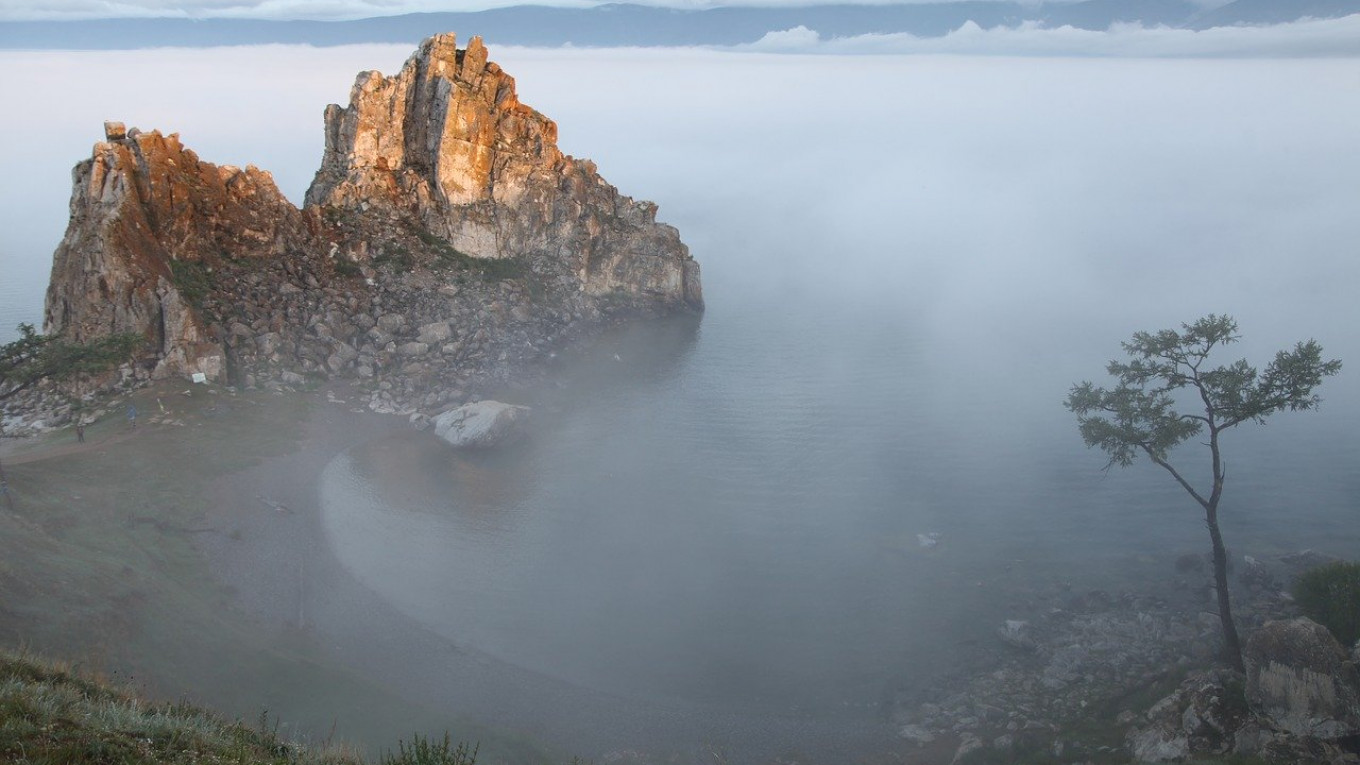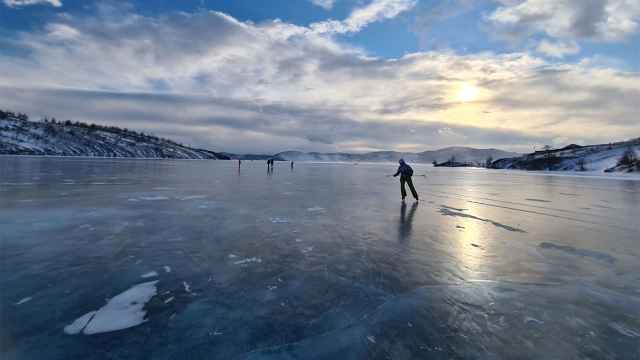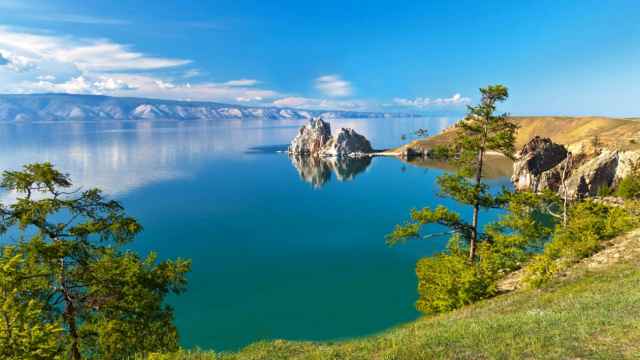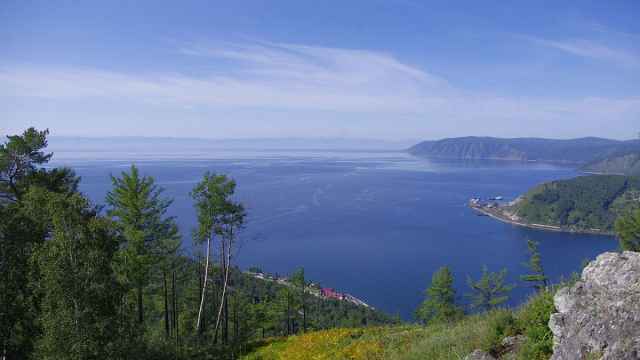A new Russian law that allows deforestation and construction near the shores of Siberia’s Lake Baikal has sparked backlash among environmental activists who say the law threatens protected natural areas.
Lake Baikal, the world’s largest freshwater lake, has been plagued with environmental problems caused by industrial pollution, mining and agricultural run-off. Plans to construct a Chinese water bottling plant along its shores roiled local residents, who successfully lobbied authorities to halt the project last year.
The new law, signed by President Vladimir Putin on Friday, effectively permits deforestation in specially protected natural areas through 2024 in order to build or upgrade transport infrastructure.
The law also suspends requirements for state environmental impact evaluations to be carried out ahead of transport construction and modernization projects.
Environmentalists warn that the law — particularly its suspension of environmental evaluations — sets a dangerous precedent and could be expanded in the future, eroding legal protection for vulnerable areas around the lake.
“This will impact not just Baikal, but also all protected areas and national parks across the country,” Mikhail Kreyndlin, Greenpeace Russia's director for specially protected natural territories, told The Moscow Times.
The law also contradicts the conditions for Lake Baikal’s status as a UNESCO World Heritage site, Kreyndlin said, and could result in the lake being moved to UNESCO’s World Heritage in Danger list.
Social media users rallied against the law with the hashtag #SaveBaikal.
Russian Railways has previously said that it has no plans to construct new railways along Lake Baikal’s shores. The law only allows cutting down a 10-15 meter strip of forest to build technological facilities along existing tracks if no other alternative exists, it said.
A Message from The Moscow Times:
Dear readers,
We are facing unprecedented challenges. Russia's Prosecutor General's Office has designated The Moscow Times as an "undesirable" organization, criminalizing our work and putting our staff at risk of prosecution. This follows our earlier unjust labeling as a "foreign agent."
These actions are direct attempts to silence independent journalism in Russia. The authorities claim our work "discredits the decisions of the Russian leadership." We see things differently: we strive to provide accurate, unbiased reporting on Russia.
We, the journalists of The Moscow Times, refuse to be silenced. But to continue our work, we need your help.
Your support, no matter how small, makes a world of difference. If you can, please support us monthly starting from just $2. It's quick to set up, and every contribution makes a significant impact.
By supporting The Moscow Times, you're defending open, independent journalism in the face of repression. Thank you for standing with us.
Remind me later.






